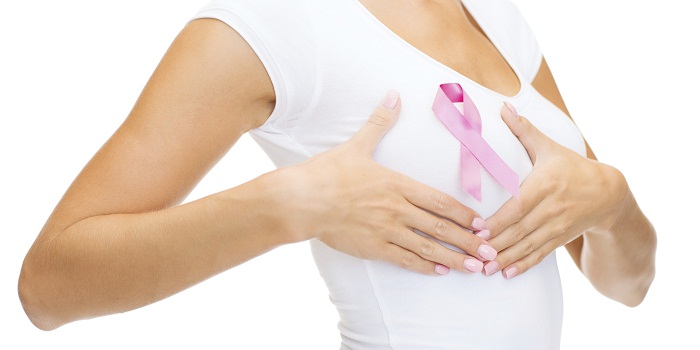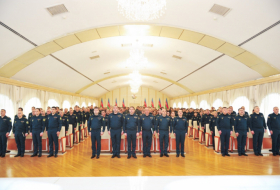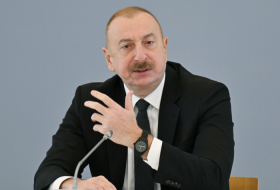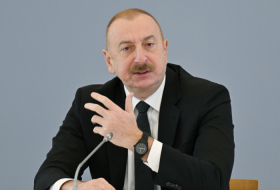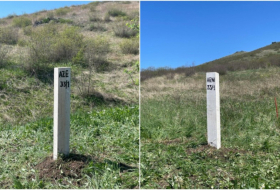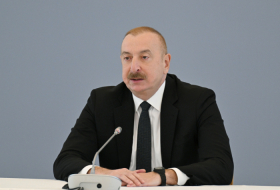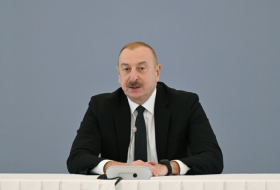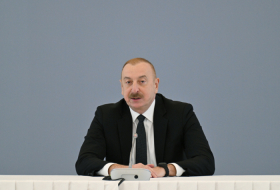Cancer charities said it would have a real impact on women and lead to fewer being diagnosed with the disease.
The Single Nucleotide Polymorphism (SNP) test will initially be available for patients having tests at St Mary's Hospital and Wythenshawe Hospital in Manchester for BRCA1 and 2 gene mutations, with a family history of breast cancer.
BRCA has been dubbed the 'Angelina Jolie gene' after the actress revealed she had surgery on learning she had up to 87% chance of developing breast cancer.
That is the figure quoted to all women with a BRCA gene mutation, but in fact their risk of cancer is much more complex than that, and different for every person.
Prof Gareth Evans, who led the research into the test at Manchester University Foundation Trust, says women with a BRCA mutation have a risk of breast cancer somewhere between 30% and 90%.
Being able to narrow down a woman's individual risk will mean they are better informed about whether to have a mastectomy or not, he says.
By combining the results of the test with information on breast density, the age a woman has children or reaches puberty, women are given a percentage change of developing breast cancer within the next 10 years, and throughout their lifetime.
Becky Measures had a mastectomy 11 years ago at the age of 24 after learning she carried the BRCA1 gene mutation.
She is due to have further risk-reducing surgery to remove her womb and ovaries in the next four months and has welcomed the news.
"When they find that they have the BRCA1 or 2 gene, many women fear that they have to take action immediately.
"The new test will give women more options and help them to make a more informed decision," she said.
Accurate risk
Prof Evans wants the test to become more widely available, eventually allowing all women to find out their likelihood of developing breast cancer.
He said: "This is a massive game changer for breast cancer where we now have tests which can give accurate risk in the whole population, those with a family history and those with BRCA mutations."
Prof Evans' team has been working with Cambridge University and researchers in the US, Australia and Europe to look at samples from 60,000 women.
Within two years they hope to have improved the gene test to include up to 300 genetic variants that are known to affect the likelihood of developing breast cancer.
Better choices
They are also investigating whether they can use their work to understand how genes increase or reduce the risk of developing prostate, uterine, ovarian, lung and colorectal cancers.
That could be particularly beneficial to BRCA mutation carriers, who are also at increased risk of ovarian cancer.
Dr Justine Alford from Cancer Research UK said: "The more that we learn about the genetic components behind these increased risks of developing breast cancer in women who have a family history of the disease, the better the choice they can make about their health."
Lester Barr, chairman of Prevent Breast Cancer, a Manchester-based charity which funded some of the research, said the next step was to help women with no family history of breast cancer who may still carry a genetic risk of the developing the disease.
More about: #breastcancer








